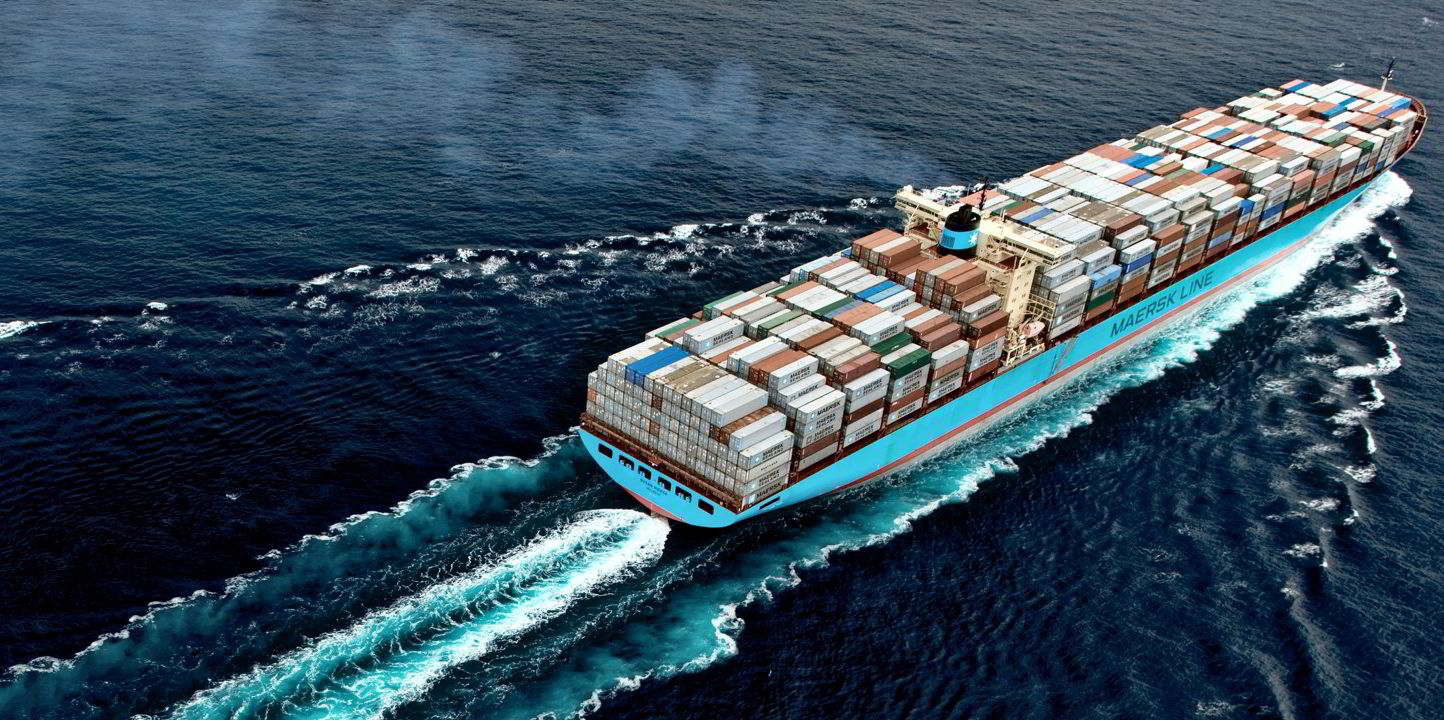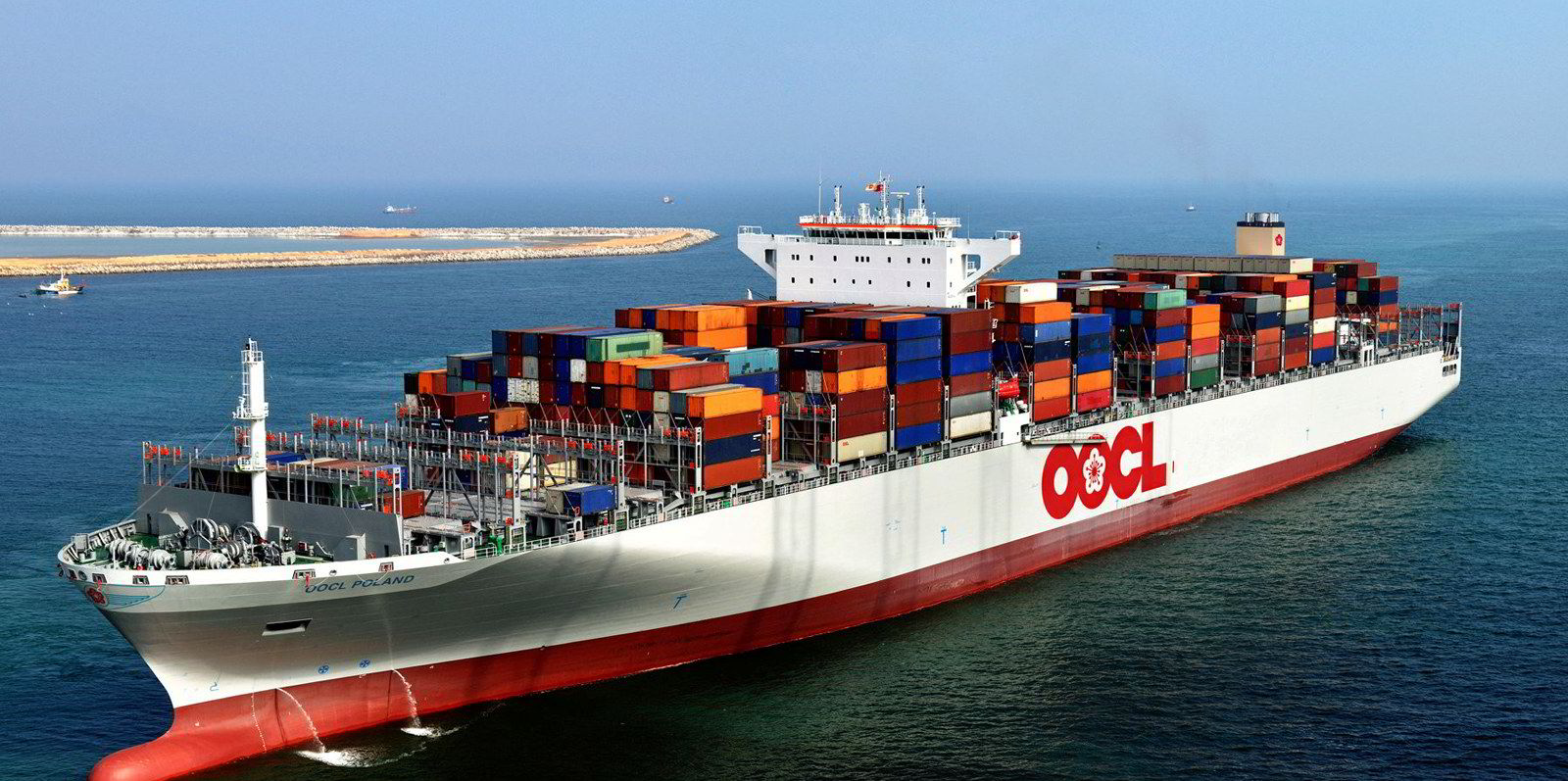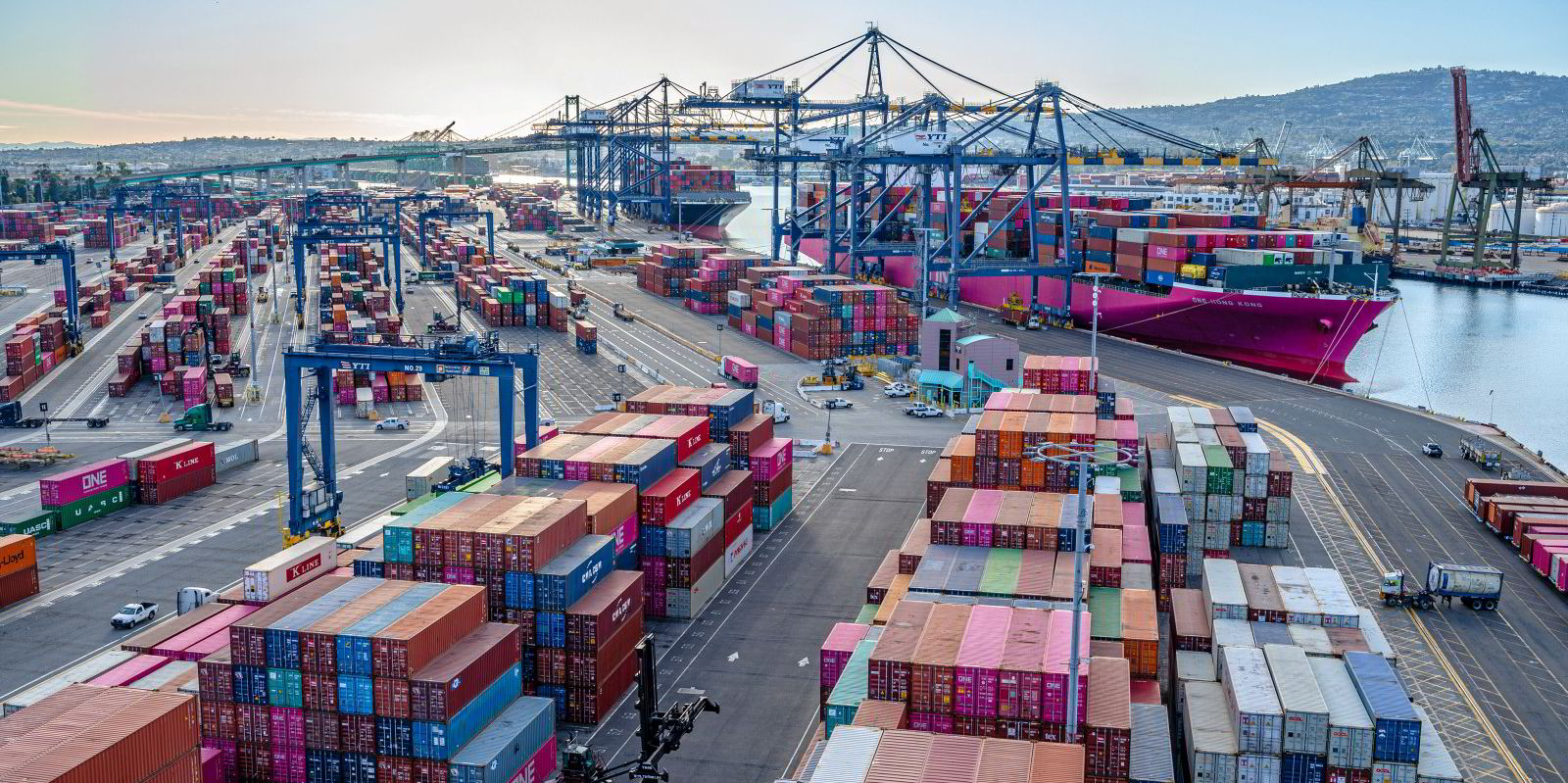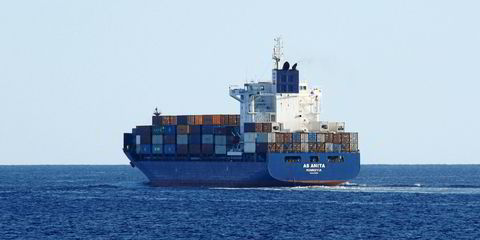AP Moller-Maersk is preparing to cut a number of port calls on its Asia-Europe service to improve schedule reliability.
The Danish liner giant expects several upcoming holidays, including China's Golden Week and Christmas, to create seasonal volume rushes.
"We expect to see early signs of a pre-Chinese New Year rush in December," Maersk said in a market update.
Golden Week begins on 1 October. Chinese New Year starts on 1 February.
Port congestion, especially in the US and Europe, will continue to disrupt services, the company said, so more vessels will be deployed as extra loaders, and ad hoc port omissions will be implemented to improve schedule reliability.
"Continued strong demand, coupled with network disruptions, has hammered our schedule reliability," Maersk said.
"We advise customers to plan their supply chains well ahead, particularly for the upcoming holiday rush."
Continued port congestion will force Maersk and its 2M partner Mediterranean Shipping Co to "rationalise" their service coverage and cut the number of port calls in northern Europe.
The temporary change will affect three of six Asia-North Europe services operated by the 2M partners, according to Alphaliner, resulting in the temporary omission of a number of port calls on some services to Hamburg, Le Havre and Antwerp.
The two companies are also expected to increase the number of blank sailings as a result of the non-availability of ships, Alphaliner noted.
Maersk expects strong export demand from Asia to continue for the rest of the year, particularly into the US and Europe.
But inventory levels in Europe and the US remain at their lowest on record, leading to stock shortages on some products.
"This means even once retail demand declines, we will see cargo volumes continue to remain strong as inventory levels need to be rebuilt," the company added.
Global container demand growth is projected at 6% to 8% in 2021, reflecting the demand strength in the US and partly in Europe, said Maersk.
The drivers of high freight rates are port congestion and supply chain bottlenecks.
Waiting times in the US east coast ports of Los Angeles and Long Beach have risen, with 70 or more vessels anchored in mid-September, which means more ships are required to lift the same amount of cargo.
At the same time, Covid-19 led shutdowns have delayed vessels from Asia.






